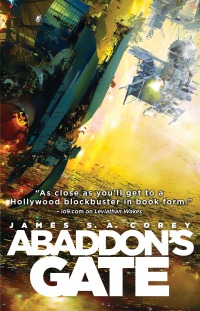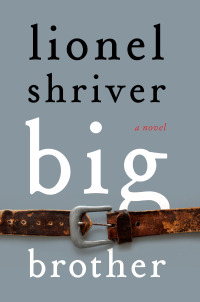Evil and the Mask by Fuminori Nakamura
 Wednesday, June 12, 2013 at 8:58AM
Wednesday, June 12, 2013 at 8:58AM 
First published in Japan in 2010; published in translation by Soho Crime on June 11, 2013
"It wasn't revenge. I simply wanted to set him on fire. Air, that was the word that came to mind. I felt as little emotion as air." Fumihiro wants to destroy evil, but does the killer of evil become the thing he kills? That question lies at the heart of Evil and the Mask, the second novel by Fuminori Nakamura (after The Thief) to be translated into English.
Evil and the Mask opens with a fascinating premise. It is a tradition for men in a certain family, after attaining the age of sixty, to sire a child who will become a cancer in the world, tasked with spreading misery. The men do this to punish the world for continuing to exist after they perish. In an attention-grabbing first chapter, Shozo Kuki explains the tradition to his youngest son, Fumihiro. Shozo tells Fumihiro he will experience hell when he turns fourteen. Hell will somehow involve Kaori, an orphaned girl Shozo adopted, and to whom Fumihiro becomes attached.
The novel jumps between the formative events of Fumihiro's childhood and the present, more than a dozen years later. The adult Fumihiro has changed his face to match that of Koichi Shintani, a dead man whose identity Fumihiro purchased on the black market. The plot springs forward along three twisted paths. One involves Shintani's past and the baggage that comes with it. Another brings Fumihiro (with Shintani's face) into Kaori's life again, but in a very different role. The third introduces a cultish group of pseudo-terrorists who use absurdity to undermine culture.
Like The Thief, Evil and the Mask is a novel of psychological suspense. The story's strength involves Fumihiro's struggle to shed one identity and to adopt another, to reinvent himself -- an impossible task, perhaps. It's easy to change a face and a name, not so easy to change your inner self, to abandon memories. Unlike The Thief, however, Evil and the Mask is so determinedly a novel of psychology that some characters indulge in lengthy analytical speeches -- about beauty, death, morality, anarchy, entropy, familial love, the motivations for violence and war, the nature of evil -- that too often seem forced.
Still, the character of Fumihiro is impressively constructed. The reader feels the crushing weight of his oppressive past, his struggle to feel something. His coffee has no flavor, he doesn't notice the cold. He is little more than an animated corpse. He has forsaken the happiness he experienced while he and Kaori were still innocent -- a happiness that the adult Fumihiro regards as "some kind of mistake" that "soon vanished into the distance." He still longs for Kaori but fears that another character's prediction will come true, that he will destroy the one thing in the world that remains precious to him if he gets close to her. Can Fumihiro shed the despondency that consumes him only by embracing madness? Whether his future is to be determined by destiny or choice, the novel's dramatic tension comes from the uncertainty of the path that Fumihiro's life will follow.
Evil and the Mask is a meditation on change and choice, on killing and on what it means to be alive. Apart from its philosophical implications, the story is intriguing. The plot threads weave together convincingly, although the storyline involving Shintani's past doesn't quite reach its potential. The ending (like The Thief, inconclusive, permitting the reader to imagine what might happen next) is satisfying.
RECOMMENDED



